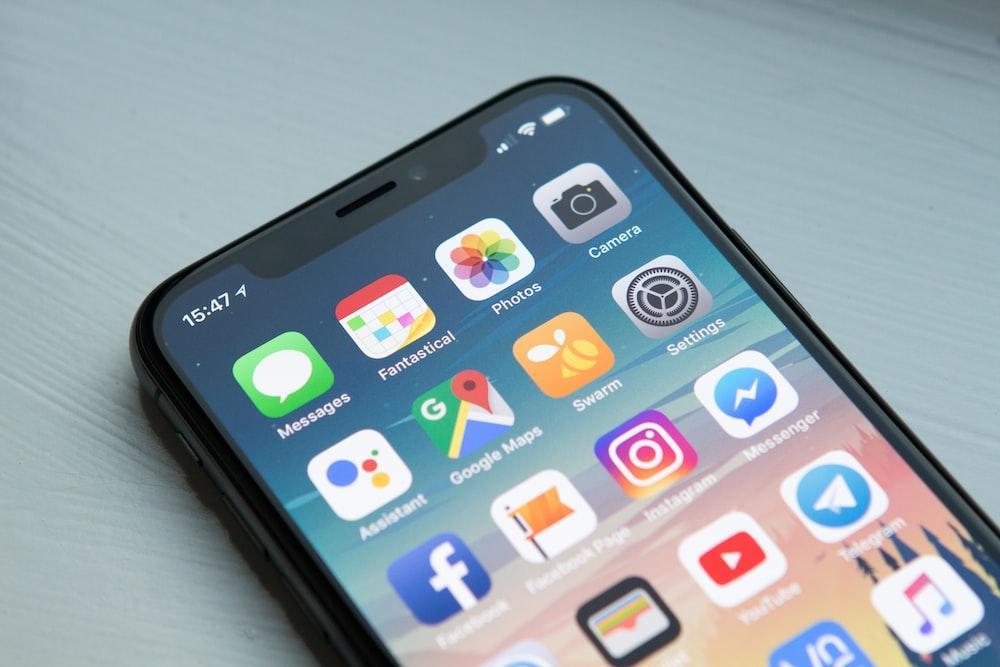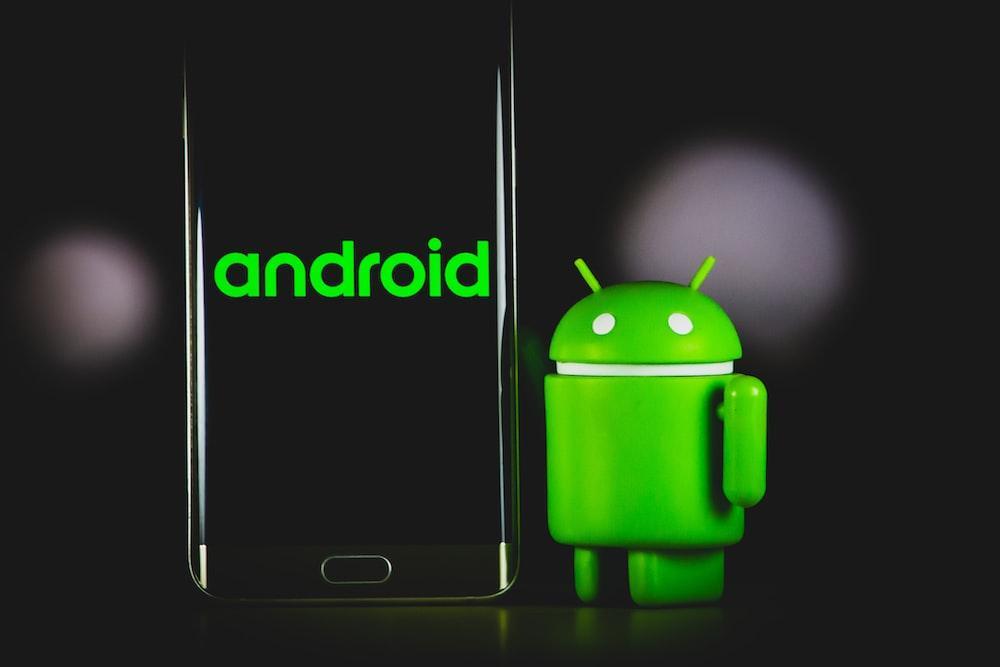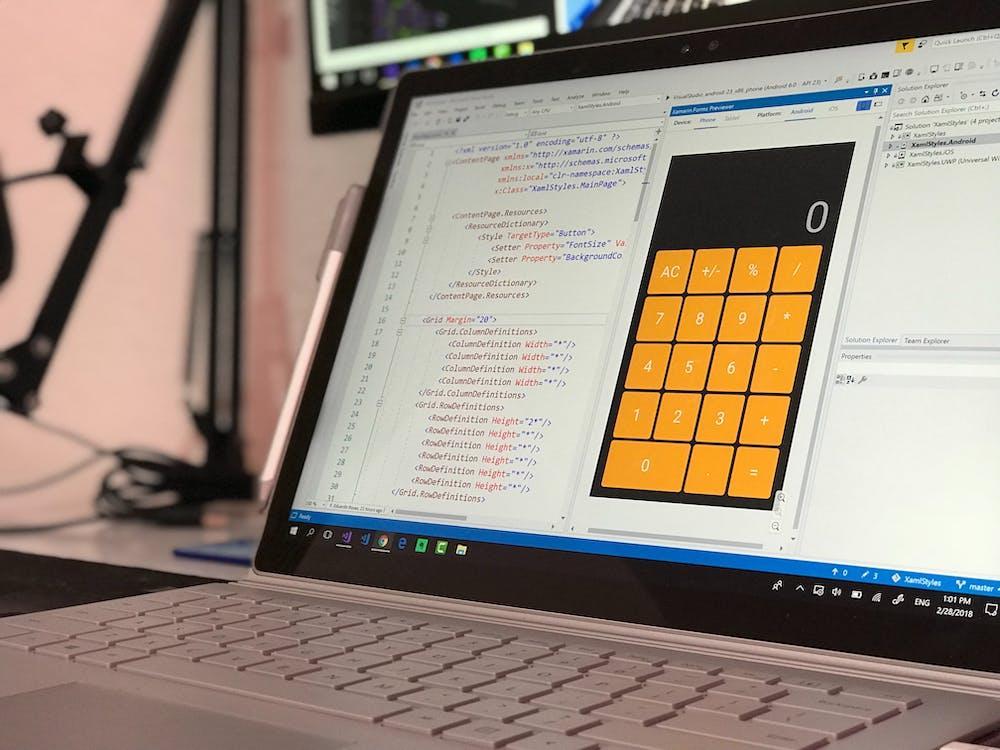iOS vs Android App Development: What’s the Difference?

While apps don’t differ much in functionality when it comes to Android and iOS, their appearance is sometimes markedly different. In some cases, there is a difference across features depending on the device’s configuration, capability, hardware, and software. However, as far as app development goes, there is a world of difference between the 2 platforms.
The Programming Languages
iOS app developers use Swift as the standard app development language. However, Android developers tend to use either Java or Kotlin.
Swift is considered much easier to learn due to its cleaner syntax. Also, since Swift is optimized to work with Apple’s hardware (iPads, Apple Watches, iPhones, etc.) the response is faster. Java requires a lot of knowledge of frameworks and packages before you can program anything interesting. It is a very capable language, but its syntax can be tricky to learn. However, since Android’s full range of devices is fragmented between players like Google, Samsung, Realme, Xiaomi, etc.
Optimization is hard compared to Swift and iOS. Android and Java work slower and are harder to program.
The Integrated Development Environment (IDE)
Of course, with different platforms come different IDEs to test and develop code. Android developers use Android Studio which is a proprietary tool from Google. The environment works across platforms and has the advantage of high readability and several features for debugging and development.
iOS developers use the proprietary XCode tool developed by Apple. It also has various debugging features and supports all iOS devices.
These two IDEs are pretty comparable and no one clearly wins out in this competition.
Is Enterprise Mobile App Development Easier on Android or iOS?

iOS is Much Easier to Design For
iOS and Android development is fundamentally different. Android development breaks down the app into fragments and activities. Each activity is equal to a single app screen. This means multiple screens and multiple projects.
However, iOS makes this easier by relying on view controllers. This includes page view, split view, tab, etc. This allows for simultaneous control over multiple screens which can span across features. This increases the simplicity of the project and fastens the development pace.
Android has a Higher Development Complexity
Due to the device fragmentation on Android, it’s harder to develop an app that works on all devices. Accounting for different screen sizes, software optimization, hardware optimization, OS version, etc. makes app development much slower on Android.
A developer will have to use dozens of device simulators during testing to ensure that their code is running smoothly. If you ask for the same app from an iOS app development service, chances are you’ll get your app in half the time.
The Benefits of Custom Mobile App Development on Android and iOS
Android: Flexibility and Learning Resources
The advantages of Android lie in its flexibility and the learning resources available. While you have a lot of fragmentation among devices, there is also a lot more you can do. Java is a supremely capable language that, when you get the hang of it, can be a boon. The flexibility of programming is partially why there many more apps on the Play Store than the App Store.
Also, Google offers a wealth of extensive knowledge for beginners and several interactive training programs for Android developers. This treasure trove of knowledge is mostly free and can be a boon for young startup founders just beginning.
iOS: Greater App Revenue and Enterprise Data Security
With iOS, greater enterprise security is a big plus. Apple has made no secret of securing its users against intrusive, data-hungry companies.
iPhone apps protect firmware through security measures like integrated data handling and data loss prevention through encryption. Other features more recently introduced include “Hide My Email” and the choice to opt out of data collection contracts. This has put Apple in opposition to other tech giants like Facebook and Google.
Another big plus is in Apple’s ecosystem is the greater revenue. A lot of apps which are free on Android are paid on iOS. While this may seem like a turn off for consumers, iOS apps earn much more revenue as a result.
Final Verdict
It’s clear that iOS is a much more simple and easier development environment for custom mobile app development. Android loses out on account of complexity and fragmentation as well as its steep learning curve.
Choose Luminous Tec LLC For Custom Mobile App Development at the Best Rates
Do you want to build your first app? Maybe you need an enterprise-level solution to a problem. Maybe you have an idea and want to turn it into an app. Whether you need an iOS development team or an Android development company in Los Angeles, Luminous Tec is the answer. Not only will Luminous Tec give you the best rates, but we will deliver according to your requirements and deadlines. So, contact Luminous Tec today so we can develop your exciting products into the perfect apps.

